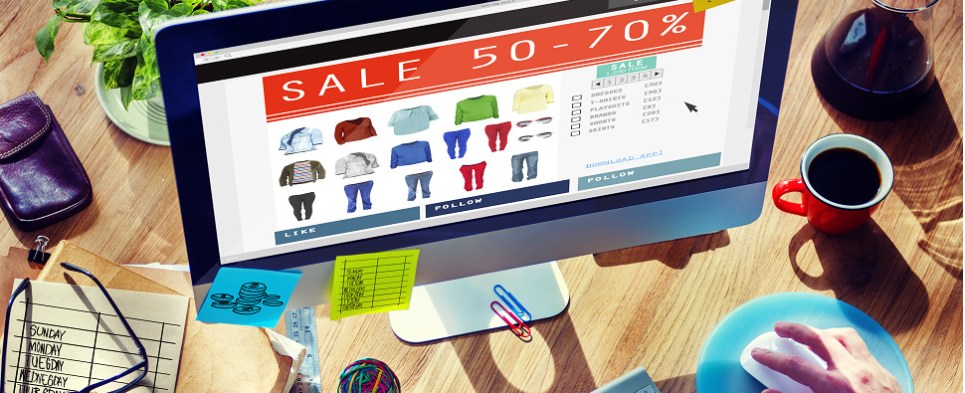Action on Cross-Border Parcel Delivery Needed to Boost European Online Shopping
A study published by the European Commission shows that crossborder parcel prices for national postal operators are almost five times higher than their domestic equivalents.
The results of the commission’s public consultation on parcel delivery, published at the same time, confirm that consumers and retailers are still held back by high costs of crossborder delivery and problems placing online orders which involve a parcel being delivered from one European Union member state to another.
EU consumers could save over $12 billion each year, if they could choose from the full range of goods and services when shopping online, according to the EC report. Currently, 44 percent of consumers buy online in their own country, and only 15 percent order online from another EU member state.
The EU’s Digital Single Market strategy calls for shipments of crossborder parcels to be made more affordable. The EC says it will launch measures in the spring of 2016 to enhance price transparency and regulatory oversight of the crossborder parcel markets.
“Today, it often costs much more to send home something that you have bought from a website in another EU country than to have it delivered nationally, even when the distance is the same or shorter,” said Andrus Ansip, EC vice president in charge of the Digital Single Market. “The high prices and inefficiency of crossborder parcel delivery deter people from selling to or buying from other EU countries. This means that ecommerce is not being used to its full potential. We now need to make sure that it can develop across all of the European Union, putting this important part of the DSM strategy into effect as quickly as possible.”
“Our objective is to make shipments of crossborder parcels seamless and more affordable for both individuals and SMEs,” said Elżbieta Bieńkowska, a European commissioner, “not by regulating prices or imposing caps but by increasing transparency and competition.”





Leave a Reply